Ministers and top officials from the six Persian Gulf Cooperation Council (GCC) countries -- Bahrain, Kuwait, Oman, Qatar, Saudi Arabia and the United Arab Emirates -- plus Egypt, Iraq and Jordan were meeting at Saudi Arabia's request.
Up for discussion in the Red Sea city is Syria's suspension from the Arab League, imposed when the country was plagued by war in 2011 as terrorists and militant groups trickled in from around the world. As the foreign-backed war began, many Arab countries cut relations with Syria.
In 2015, Syrian activists said that Saudi Arabia, Qatar, Jordan, and Turkey supported both al-Nusra Front, which is affiliated with al-Qaeda and the Daesh terrorist group in Syria by giving them money or allowing Wahhabi mosques to collect money for them.
Around the same time, former US Senate candidate Mark Dankof said the United States, Israel, and Saudi Arabia had been involved in creating Daesh to overthrow the Syrian government.
Saudi media outlets said the nine-nation talks come after Syria’s foreign minister visited Jeddah on an unannounced trip on Wednesday, the first since the outbreak of the war.
Faisal Mekdad and his Saudi counterpart discussed "the necessary steps" to return Damascus to the Arab League, according to a Saudi statement on Wednesday.
"The meeting aims to overcome differences over Syria as much as possible," a Saudi diplomat was quoted as saying. “The Saudis are trying at least to ensure that Qatar does not object to Syria's return to the Arab League if the issue is put to any vote.”
He pointed out that although the Arab League takes decisions by consensus, a unanimous agreement is unlikely. The Riyadh-based diplomat who declined to be identified singled out Qatar, which is known for its opposition to President Assad.
On Thursday, Qatari Prime Minister Sheikh Mohammad bin Abdulrahman bin Jassim al-Thani said there is nothing proposed, and that everything remains to be speculations so far.
The Arab rapprochement is set to further anger Western capitals which are reeling from an agreement between Iran and Saudi Arabia to resume diplomatic relations severed in 2016.
The recent development indicates how the deal between Tehran and Riyadh may play into the settlement of other crises in the Middle East region.
Earlier last week, the Iranian and Saudi foreign ministers signed a joint statement in Beijing to restore relations and start arrangements to reopen embassies and consulates. Riyadh and Tehran have also agreed to improve security and economic cooperation.
Saudi Arabia closed its embassy in Damascus and withdrew all diplomats in March 2012. Today, the two governments are “preparing to reopen embassies after Eid al-Fitr”, which marks the end of the holy fasting month of Ramadan, according to media reports.
The UAE also cut its relations with Syria in 2012, a year after Damascus found itself in the grips of foreign-backed violence, but it reopened its embassy in Damascus in 2018.
MNA/PR




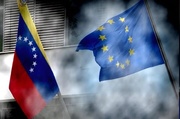
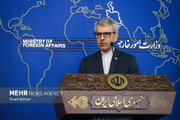

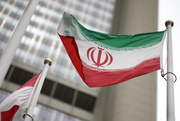





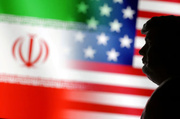
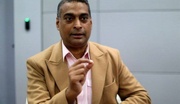
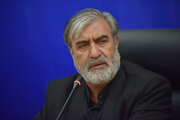
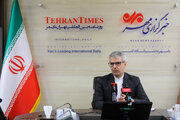


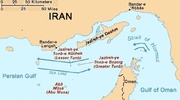



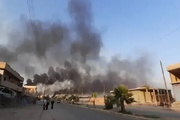

Your Comment